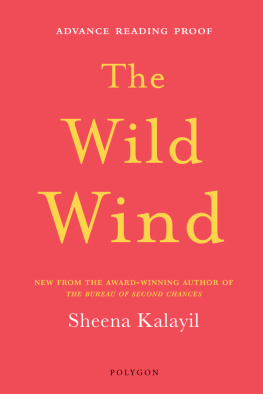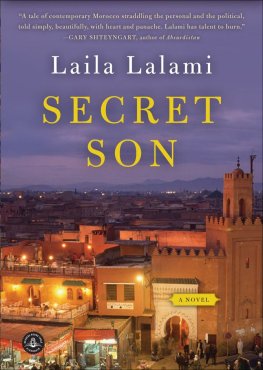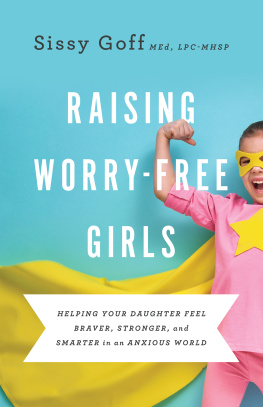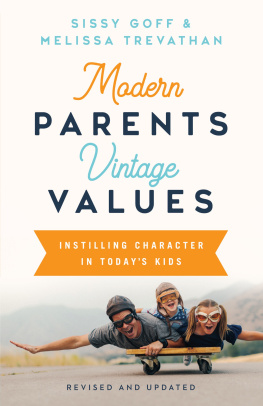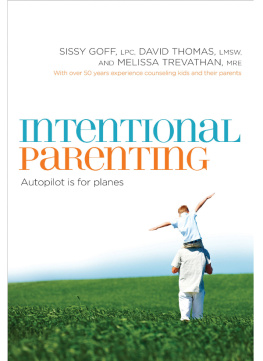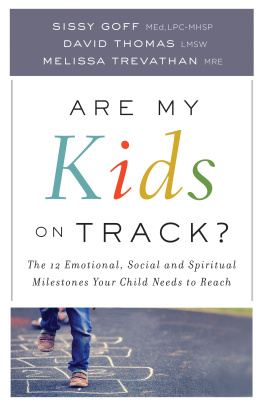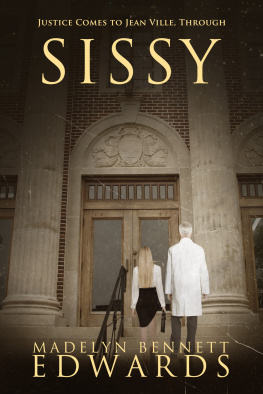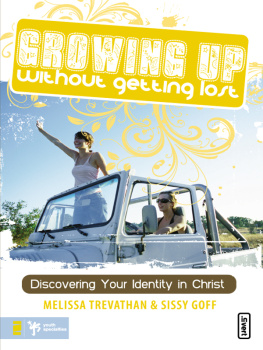THE WILD WIND
SHEENA KALAYIL was born in Zambia in 1970 where her parents were teachers seconded from Kerala, India. She arrived in the UK aged eighteen and, after graduating, worked all over the world. She has a doctorate in Linguistics and teaches at the University of Manchester. Her debut novel, The Bureau of Second Chances, won the Writers Guild Best First Novel Award, and was shortlisted for an Edward Stanford Travel Writing Award Fiction with a Sense of Place. Her next novel, The Inheritance, explored the aftermath of an ill-fated love affair between a lecturer and his student. She lives near Manchester with her husband and two daughters.
The Wild Wind
Sheena Kalayil

First published in Great Britain in 2019 by
Polygon, an imprint of Birlinn Ltd.
Birlinn Ltd
West Newington House
10 Newington Road
Edinburgh
EH9 1QS
www.polygonbooks.co.uk
Copyright Sheena Kalayil 2019
The right of Sheena Kalayil to be identified as the author of this work has been asserted in accordance with the Copyright, Designs and Patents Act 1988.
All rights reserved.
This is a work of fiction. Names, characters, businesses, places, events and incidents are either the products of the authors imagination or used in a fictitious manner. Any resemblance to actual persons, living or dead, or actual events is purely coincidental.
ISBN 978 1 84697 491 5
eBook ISBN 978 1 78885 221 0
British Library Cataloguing-in-Publication Data
A catalogue record for this book is available on request from the British Library.
Typeset by Biblichor Ltd, Edinburgh
I heard their young hearts crying
Loveward above the glancing oar
And heard the prairie grasses sighing:
No more, return no more!
O hearts, O sighing grasses,
Vainly your loveblown bannerets mourn!
No more will the wild wind that passes
Return, no more return.
Watching the Needleboats at San Sabba,
James Joyce
For B.K. and S.K., for the growing-up years
Prologue
M Y grandfather worked as a groundsman in the Thattekkad Bird Sanctuary in the Western Ghats, a job with security but which had little monetary return. One blessing, there were five sons and only one daughter, my mother, who would need marrying off. Another, the family were given a house set in the sanctuary, within the forest, among the birds. When we stayed there, on our returns to India, I would tape-record the calls of the hoopoes, sketch the pelicans that breakfasted with us, collect bits of bark and leaves for my scrapbooks, compile inventories of nests. These activities enchanted me, whereas they had been the norm for my mother, all through her childhood. She had grown up swimming with her brothers in the river that cut through the hills, with full rein of the sprawling forest, so immersed as to be unaware of the luscious, lush natural beauty of the environs.
I remember one hot afternoon when my mother and I were in the water, in one of the secluded lakes that the river fed. My father was sitting on the banks he could not swim and my mother was calling out, mocking him. She was wearing an old nylon slip; it was not the custom, at least then, for women in Kerala to wear a Western-style swimming costume, and the wet cloth must have hindered her efforts in the water, but seemed not to. I swam with her, competently enough, but not like her: ducking under and up, her hair sleek and black against her head, as lissom and lithe as a water creature. When, on her instruction, she and I crept towards my father, grabbed his feet, and then pulled him into the lake, I remember as he floundered, helpless, on his back in the shallow water how she swam away, as if to show him both her prowess and how she could leave him high and dry if she wished. And then later, as my mother hid behind a tree, in her underwear, wringing out her slip, my father approached her stealthily to take his revenge. He slipped up suddenly from behind her, and tipped her over his shoulder in a firemans lift. I watched, wide-eyed, as, my mother bumping against him, he ran back to the water to throw her unceremoniously back into the lake. The sight of my father manhandling my mother, of my mother soaring through the air her bare legs exposed and splayed upset me; I was only about six years old. I burst into tears, and my parents, mortified, hurried to kneel in front of me, to console me, even as they were both still helpless with laughter. I remember the sight and feel of my mother, half-naked and wet, her hair plastered against her body, holding me tight against her golden skin; and behind her, my father, his arms encircling us both. All of us shaking like jelly, as my parents tried to regain their composure while I cried hot tears of confusion. But then, not long after, it seemed that my fears that my fathers careless antics would harm her were confirmed: my mother fell ill, was not herself, was given a sabbatical from her teaching duties, in order to convalesce. She spent most days in her nightdress, greeting me when I returned from school as if all was normal, but I could see she had not stirred from the bedroom during the day. For many months, perhaps even a year, she was not the mother I knew. But by the time I was eight, nine, she had returned. She regained her energy, moved around the house and beyond with her usual supple grace. She had always had that harmony with her body. When she was in her teens, she learned to dance, as most girls her age were expected to. But she excelled, performed so frequently that eventually my grandfather demanded that she stop; prospective husbands would not look kindly on the fact that she had shown so much of herself in public. My father, thankfully, was not intimidated by my mothers loveliness, her tomboyish childhood running free with her brothers. He had grown up in Ernakulam, the youngest of a family of four children, then stayed with an uncle in Mattancherry when his parents died. He had left Kerala to study in the north of India, as foreign a territory as if he had moved to another planet. And then he did just that. Plucked his young wife away from the familiar surroundings, left Kerala and took her to Africa.
Then began a life of shuttling between two countries, two continents: from heat and dust, to warmth and quiet. In Zambia, we lived far from the sea, and my parents talked wistfully of it. Back in India, they thought of the open land with nostalgia. We would travel first into the Ghats, to Kothamangalam, so my mother could visit with her parents, both paysans, people of the land, who looked on our arrival with bewilderment rather than welcome. And then on to my fathers uncles home in Mattancherry, for a flurry of shopping, of attending weddings delayed for our return, for First Communions and baptisms. It was from there, braving the annoyance our absence would cause, that my father would kidnap me for a day.
He had made it our tradition to travel further south, to the backwaters in Alleppey, to watch the snake boat races. In the intense humidity of the monsoon season, our clothes would be sticking to our backs within minutes of arriving on the banks of the great lake. My father would place me on his shoulders, my legs dangling down on either side of his neck, and I would clutch at his chin, terrified at being so high, but rigid with excitement. From my vantage point, I had an uninterrupted view of the grey water and the long dark canoes, with their raised prows like snakes heads, the oars moving in a precise rhythm, the rowers as dark as the wood they sat in. Just as I would draw the birds in the sanctuary, my task was always to draw the boats, later, on the train back to Ernakulam. And after all this time, I still have the prized sketchbook from my young years, with page after page of hieroglyphic-like gashes the soaring heads, the long dark tails one of the strongest, tangible reminders I have of my father, and of what we enjoyed together.

